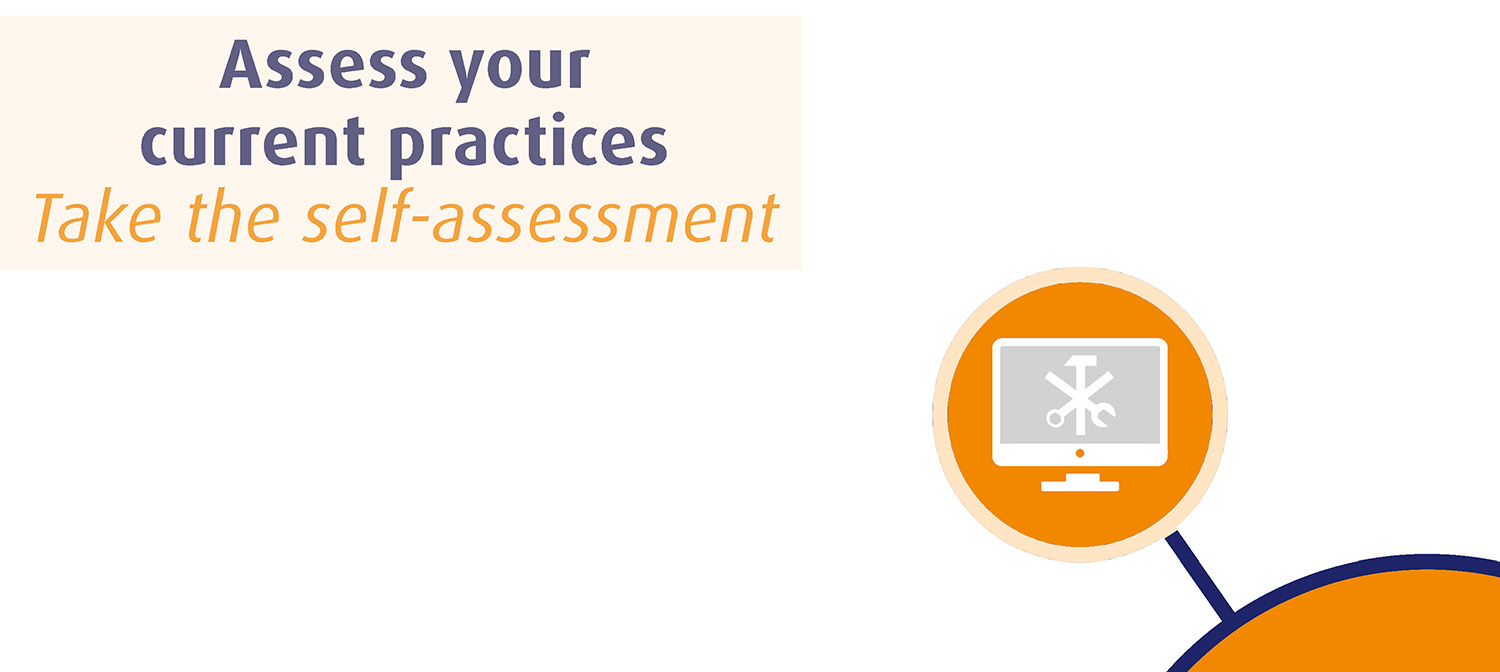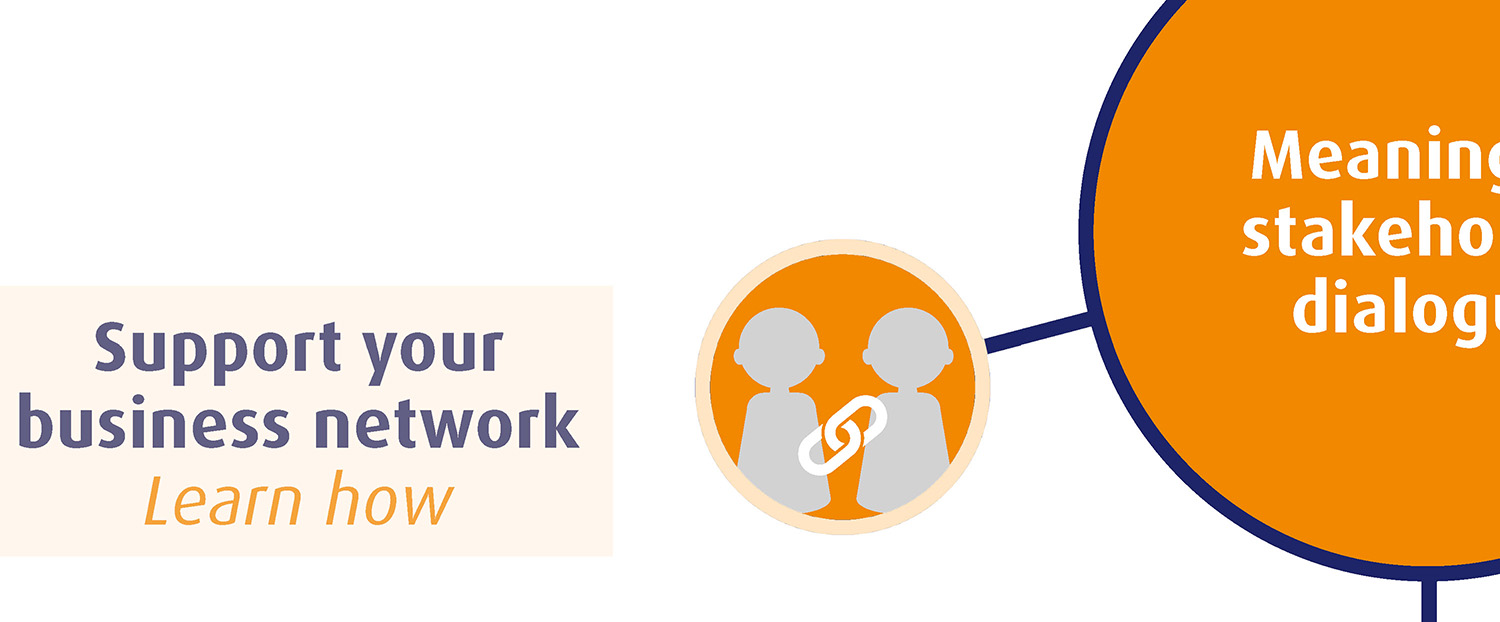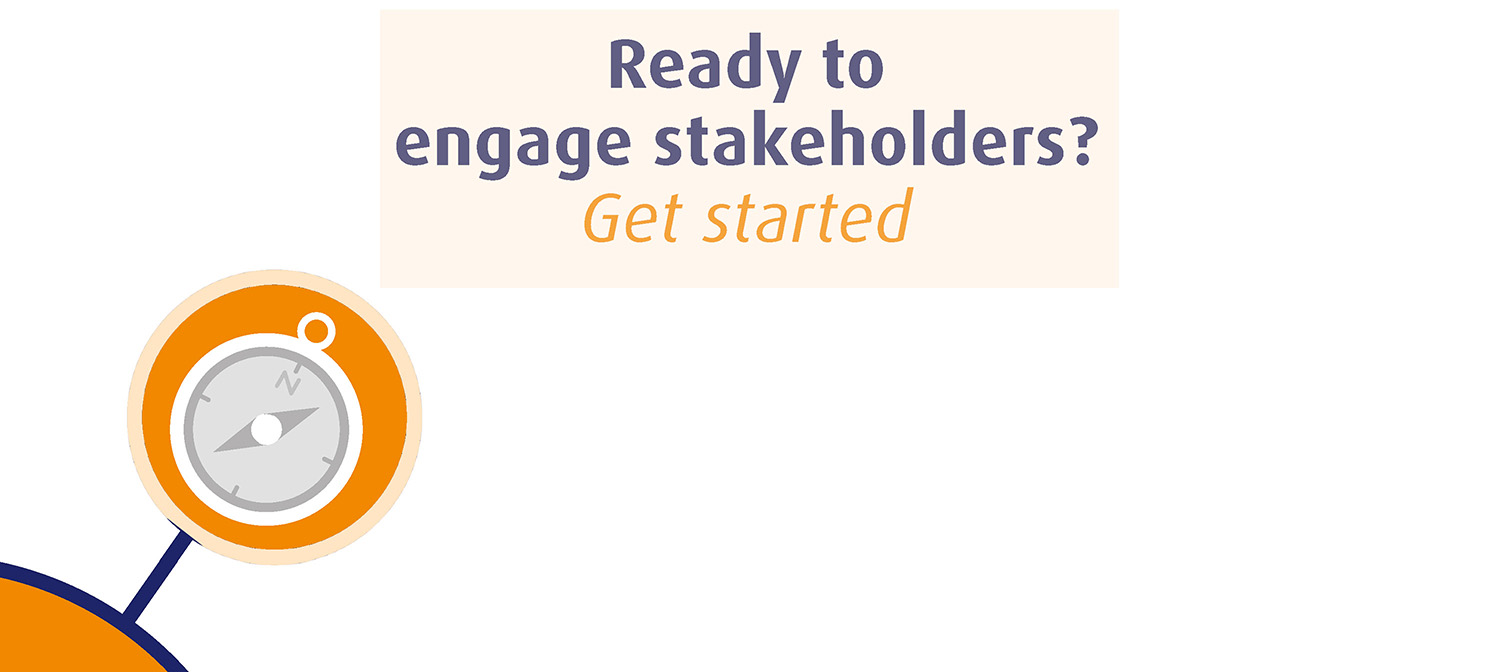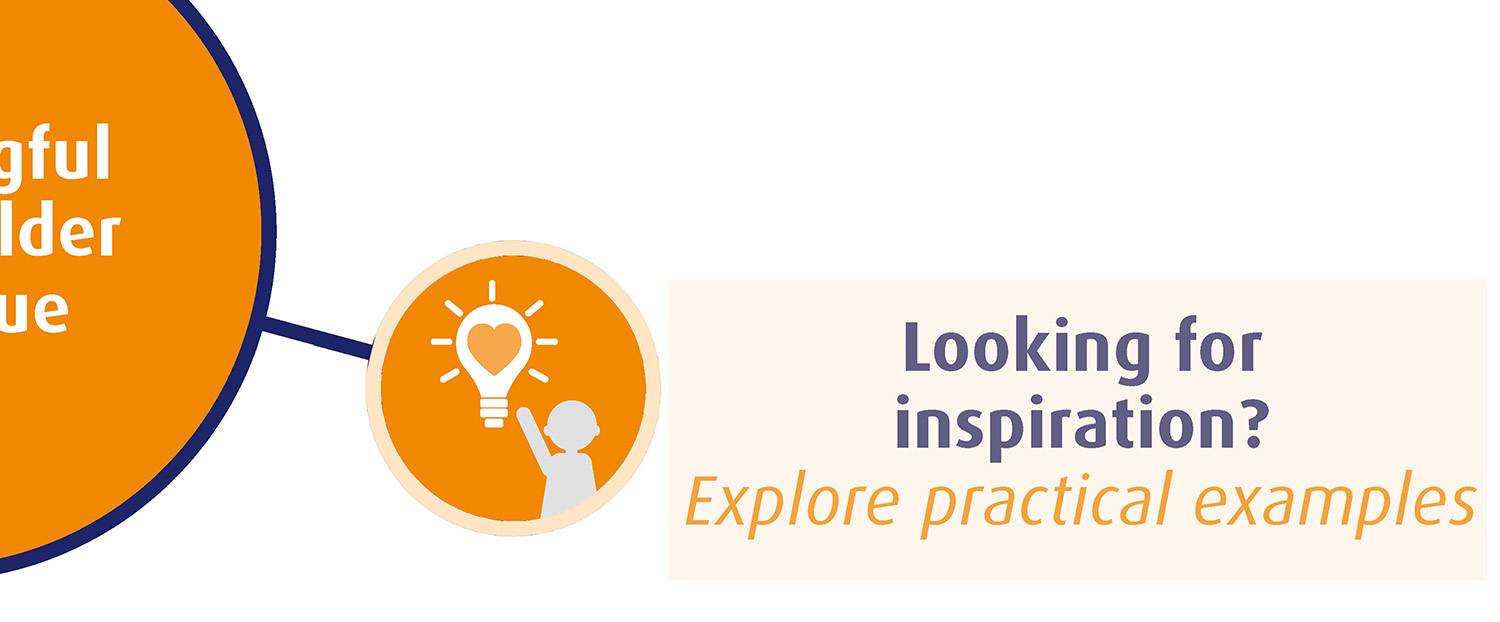Meaningful stakeholder dialogue in (international) supply chains
Companies that engage in (international) responsible business conduct take into account the interests and well-being of all their stakeholders. This includes those that are directly and indirectly impacted by the company’s activities. The SER project 'Meaningful stakeholder dialogue in (international) supply chains' supports companies in conducting meaningful dialogue with these stakeholders.
Betekenisvolle stakeholderdialoog
Access your current practices
Ready to engage stakeholders?
Looking for inspiration?
Stay compliant
Support your business network
The essence of stakeholder dialogue
In a stakeholder dialogue, companies engage with their stakeholders to exchange insights, identify and balance mutual interests, set common goals, and strengthen the relationship. Stakeholders are all those who (may) be affected by the company’s activities. The dialogue outcomes are used to improve business decisions and processes.
A dialogue becomes meaningful when it is well-prepared and carried out with a clear purpose. This means communicating transparently, being clear about who is or isn’t involved, and staying open to new perspectives. The SER offers a range of publicly available tools to help companies put this into practice.
The importance of stakeholder dialogue
Engaging in dialogue helps you better understand your stakeholders, build trust, and strengthen relationships. It gives you valuable insights that enable you to identify and address risks early on, such as those related to working conditions, supply continuity, or quality. It also shows that stakeholder interests are genuinely taken into account.
By meaningfully engaging with stakeholders, you make better informed decisions, strengthen your company’s resilience, and comply with sustainability standards (OECD guidelines and UNGPs) and legal requirements (CSRD and CSDDD among others). Get inspired by companies who are already engaging their stakeholders.
More information and project update
Do you have a question or suggestion? Please contact us at secretariaatimvo@ser.nl.
Want to receive the project update? Register here.
The SER project 'Meaningful stakeholder dialogue in (international) supply chains' is partner of Humanising business, supported by the Goldschmeding Foundation.











